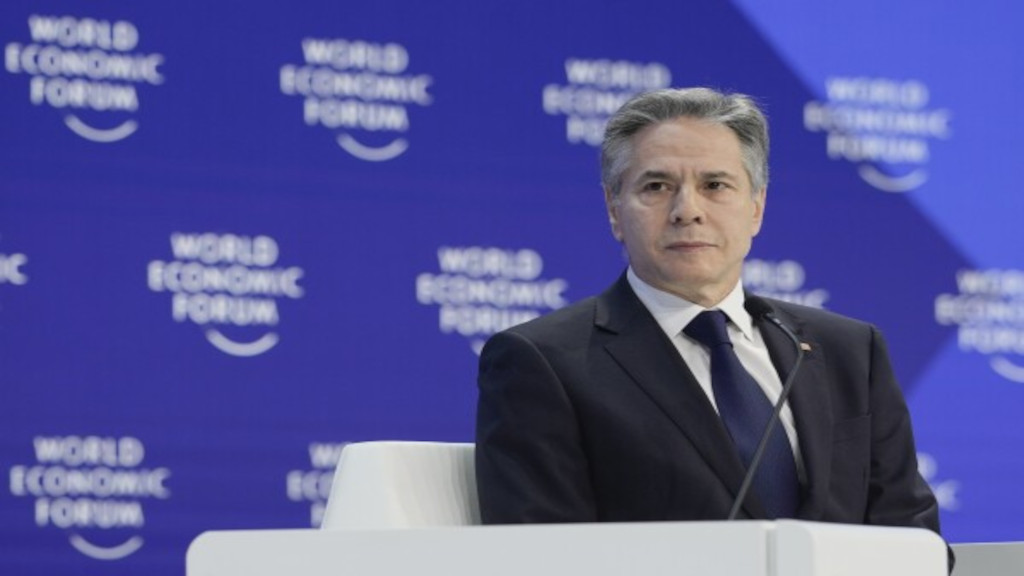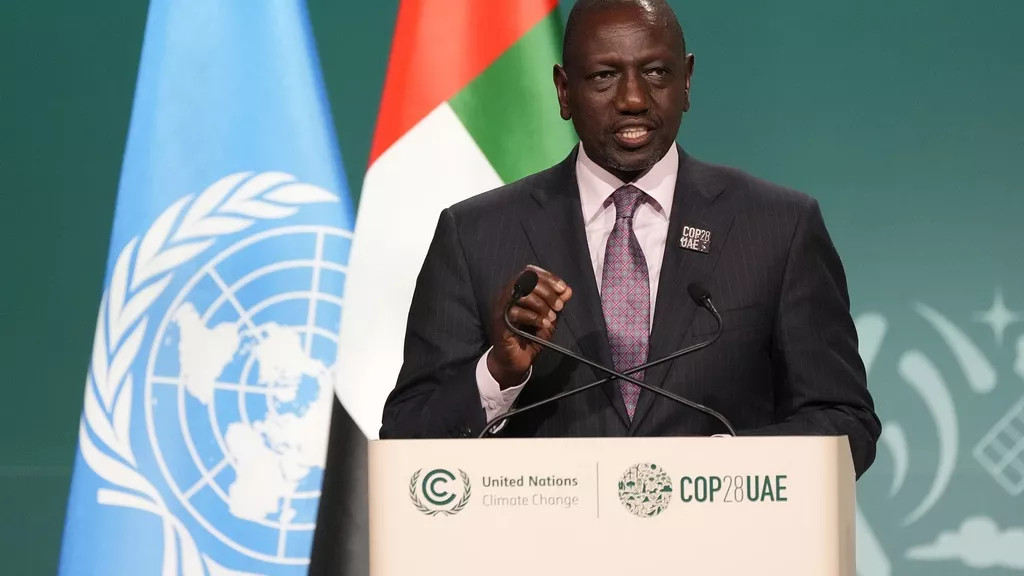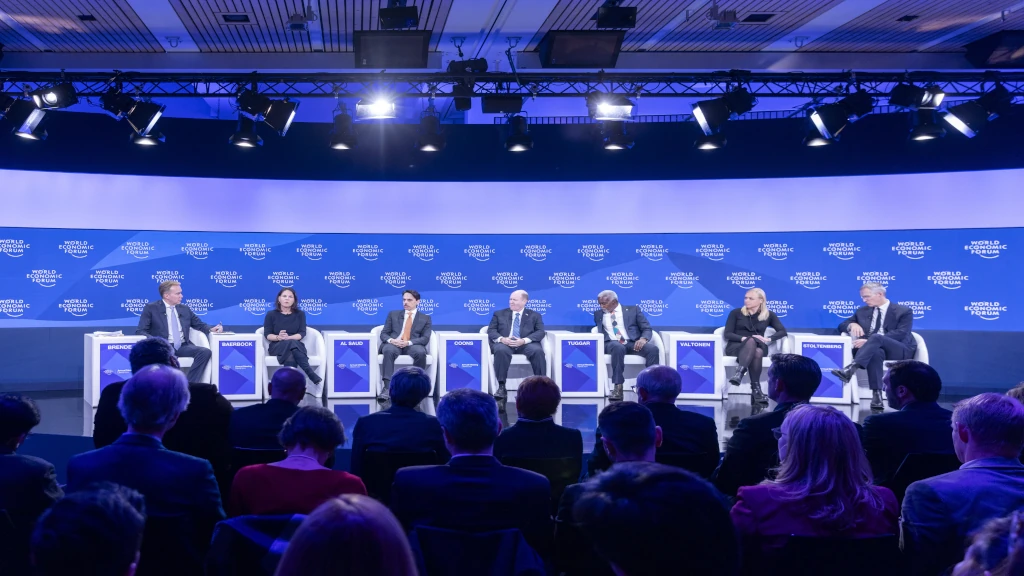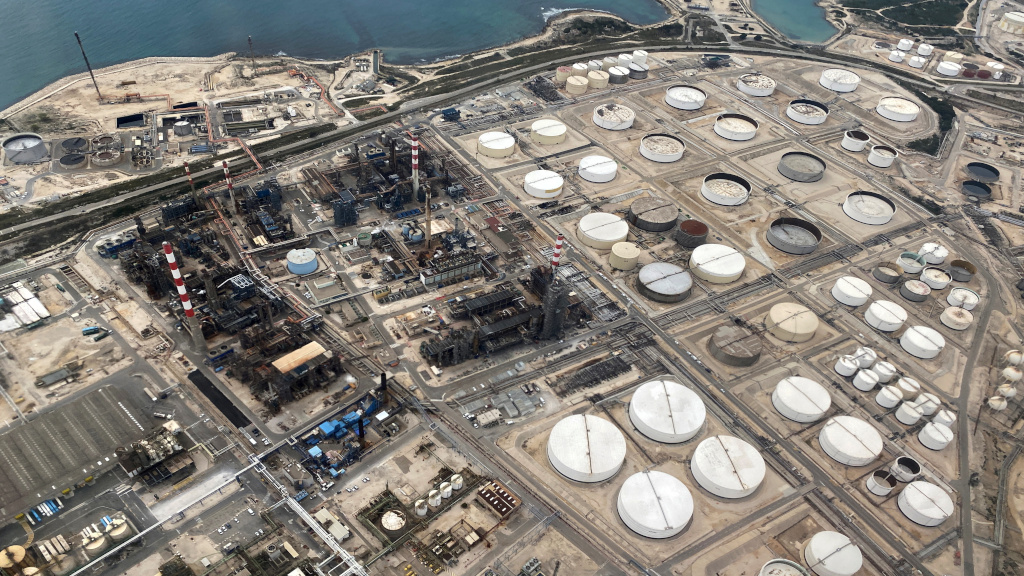The International Monetary Fund has granted Kenya a new loan of more than $941 million to help reinforce the finances of the cash-strapped East African nation.
Kenya is grappling with a host of economic challenges including a vast debt mountain, cost of living crisis and tumbling currency.
The IMF said in a statement published on Wednesday that its executive board had approved the $941.2 million loan, with an immediate disbursement of $624.5 million.
Total payments under various credit facilities amount to about $2.6 billion, it added.
The Washington-based agency said it forecast Kenya’s economic growth at around 5 percent this year, from an estimated 5.1 percent in 2023.
“Kenya’s growth remained resilient in the face of increasing external and domestic challenges,” said Antoinette Sayeh, IMF deputy managing director and acting chair, said in the statement.
The credit arrangements for Kenya “continue to support the authorities’ efforts to sustain macroeconomic stability, strengthen policy frameworks, withstand external shocks, push forward key reforms, and promote more inclusive and green growth”.
According to the latest Treasury data released this month, Kenya’s public debt stands at 10.585 trillion shillings ($65.5 billion).
In December, Kenya ditched a promise to buy back a portion of a $2 billion Eurobond that is due to mature in June.
Instead, Finance Minister Njuguna Ndung’u said the country had paid $68.7 million in interest on the bond, sidestepping a potential default.
“In its unwavering commitment to upholding a resilient sovereign credit rating and facilitating access to new development financing, Kenya remains dedicated to fulfilling all debt obligations with international lenders,” Ndung’u said.
President William Ruto had announced a plan in November to buy $300 million of the Eurobond, saying public debt had “become a source of much concern to citizens, markets and our partners”.
Ruto has imposed a raft of new or increased taxes to try to replenish government coffers, but they are deeply unpopular among people struggling with rising costs for basic goods, and several have been challenged in court.
Additional sources • RFI
Source: AfricaNews, 19th January 2024
 afric-Invest
afric-Invest


